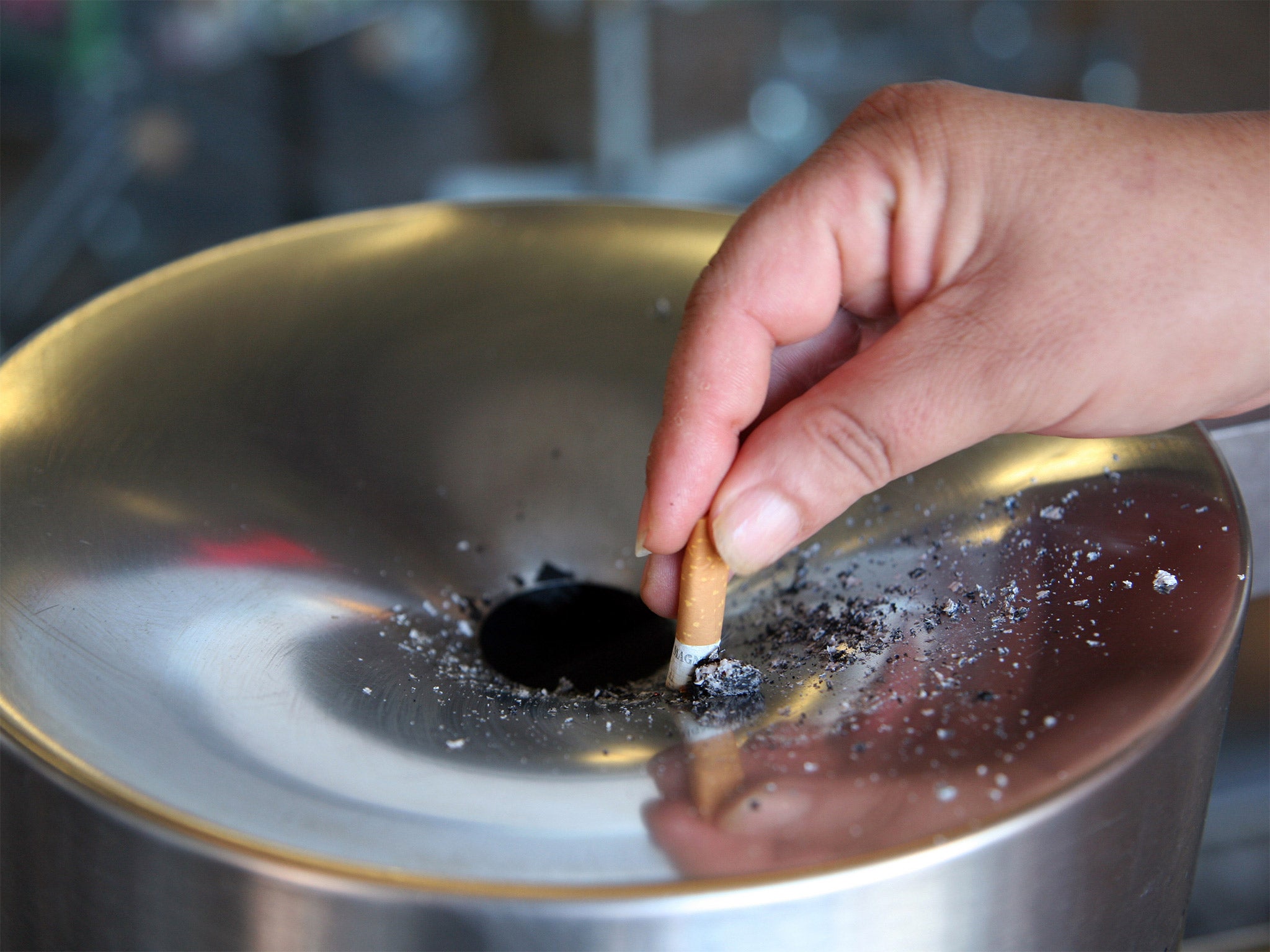Smokers have thinner brain cortex and could have impaired thinking
The outer brain layer might regain some thickness if people stop smoking

A key part of the brain that is needed for thinking skills is smaller in smokers, new research has found.
The findings show that smoking has an impact on brain functioning — as well as the heart and lungs.
The outer brain layer or brain cortex is thinner in smokers, researchers have found. And while some of the thickness might come back after they quit, that might not happen.
A new study by researchers at the University of Edinburgh looked at the MRI scans of smokers with an average age of 73. The scans, alongside careful image analysis and statistical models, found that those that smoked tended to have a thinner brain cortex.
Those that had given up for time had a thicker cortex than those that gave up recently, even if they had been smoking for longer, giving scientists hope that the thickness of the layer could recover over time if smokers give up. But researchers said that they needed more repeat studies to understand fully how the brain recovers.
All of those tested were part of the Lothian Brain Cohort. That is a group of people who were born in 1936 and took part in the Scottish Mental Survey in 1947. They have been key to new research about the brain and ageing, including the impact of complex jobs on how we age.
The research was led by Ian Deary, director of the centre for cognitive ageing and cognitive epidemiology at the University of Edinburgh. Commenting on the results, he said: "It is important to know what is associated with brain health in older age.
“From these data we have found a small link between smoking and having thinner brain grey matter in some regions.”
Join our commenting forum
Join thought-provoking conversations, follow other Independent readers and see their replies
0Comments